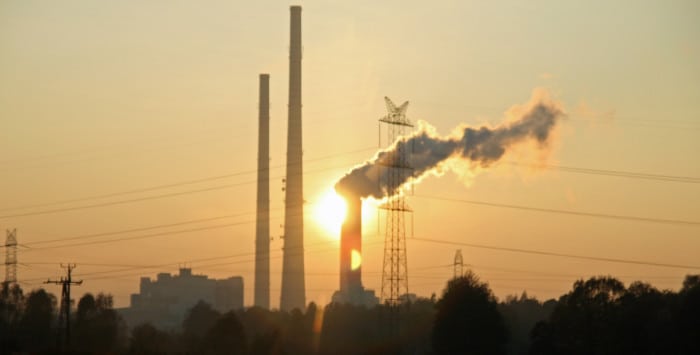
The Senate’s sweeping energy package, held up in the high chamber for more than a month and a half, will likely remain in limbo until mid-April at the earliest, a congressional aide told GHG Daily on Thursday. The package was first brought to the Senate floor in late January, and from there its approval process slowly descended into chaos.
Sponsored by Senate Energy and Natural Resources Committee Chairwoman Lisa Murkowski (R-Alaska), the Energy Policy Modernization Act of 2015 is a bipartisan legislative update to the nation’s energy policy. The package aims to save energy, expand domestic energy supplies, enable infrastructure investment, protect the electric grid, boost energy trade, improve the performance of federal agencies, and renew effective conservation programs.
The bill is currently being held up by Sens. Bill Nelson (D-Fla.) and Mike Lee (R-Utah).
Lee holds that an aid package connected to the bill for Flint, Mich., is reason not to move forward with the bill.
“Federal aid is not needed at this time. The state of Michigan has an enormous budget surplus this year and a large rainy-day fund, totaling hundreds of millions of dollars. Governor Snyder has requested $200 million of that from the state legislature for Flint this year,” Lee said in a March 4 statement.
Nelson has concerns with an amendment to the bill from Sen. Bill Cassidy (R-La.) that he says would incentivize drilling off the Florida coast.
“Sen. Nelson’s hold on the agreement to move forward on the energy bill still stands. Nelson supports the energy bill, and the money for Flint, but the Republicans insist on including an amendment that would start the process of drilling closer to Florida’s coast and he’s not going to let that happen,” a spokesman for the senator told GHG Daily.
Spokesmen from each senator Thursday indicated the lawmakers have no intention of backing down from their objections.
The Senate is now departing for a two-week in-state work period. During that time, discussions might continue at the staff level, the aide told GHG Daily.
The Senate comes back into session the week of April 4, but the bill is not likely to be brought back to the floor until the following week at the earliest, as Majority Leader Mitch McConnell (R-Ky.) has indicated that other measures will take priority, according to the aide.
The bill got off to a great start: Murkowski and Senate Energy and Natural Resources Committee Ranking Member Maria Cantwell (D-Wash.) were able to hold off any controversial amendments in committee. The panel in July 2015 voted 18-4 to send the bill to the full Senate.
Even the first few days the bill spent on the floor remained fairly free of drama, with several amendments passing by voice vote and suggesting little cause for concern. However, confidence in the legislation’s chances slowly waned, when Michigan’s senators, Gary Peters (D) and Debbie Stabenow (D), tried to negotiate a $600 million assistance package for Flint into the energy bill.
The Flint crisis began in April 2014 when the city changed its water source from treated Detroit Water and Sewerage Department water to water from the Flint River. The water is heavily contaminated with lead and has caused an ongoing public health issue.
Eventually, the Michigan senators agreed to an aid package authorizing the federal Drinking Water State Revolving Fund to make up to $100 million in grants between now and October 2017 “to any state that receives an emergency declaration … to a public health threat from lead or other contaminants in a public drinking water system.”
Under the agreement, the Flint package was taken out of the energy bill, but the two bills remain linked. The energy bill is to come to a vote first, followed by the Flint bill, the Associated Press has reported.
The package would also authorize $70 million in subsidies and $50 million for public health.
For a moment, it seemed as though the bill was back on track until Lee and Nelson raised their objections.